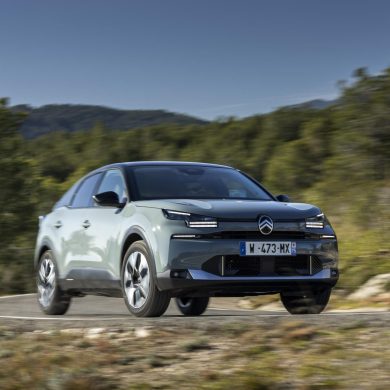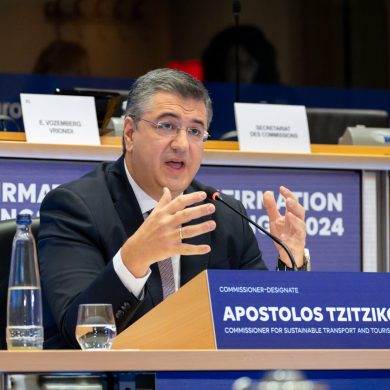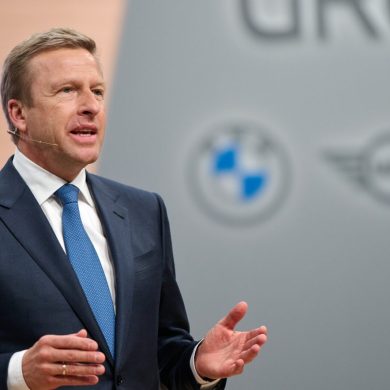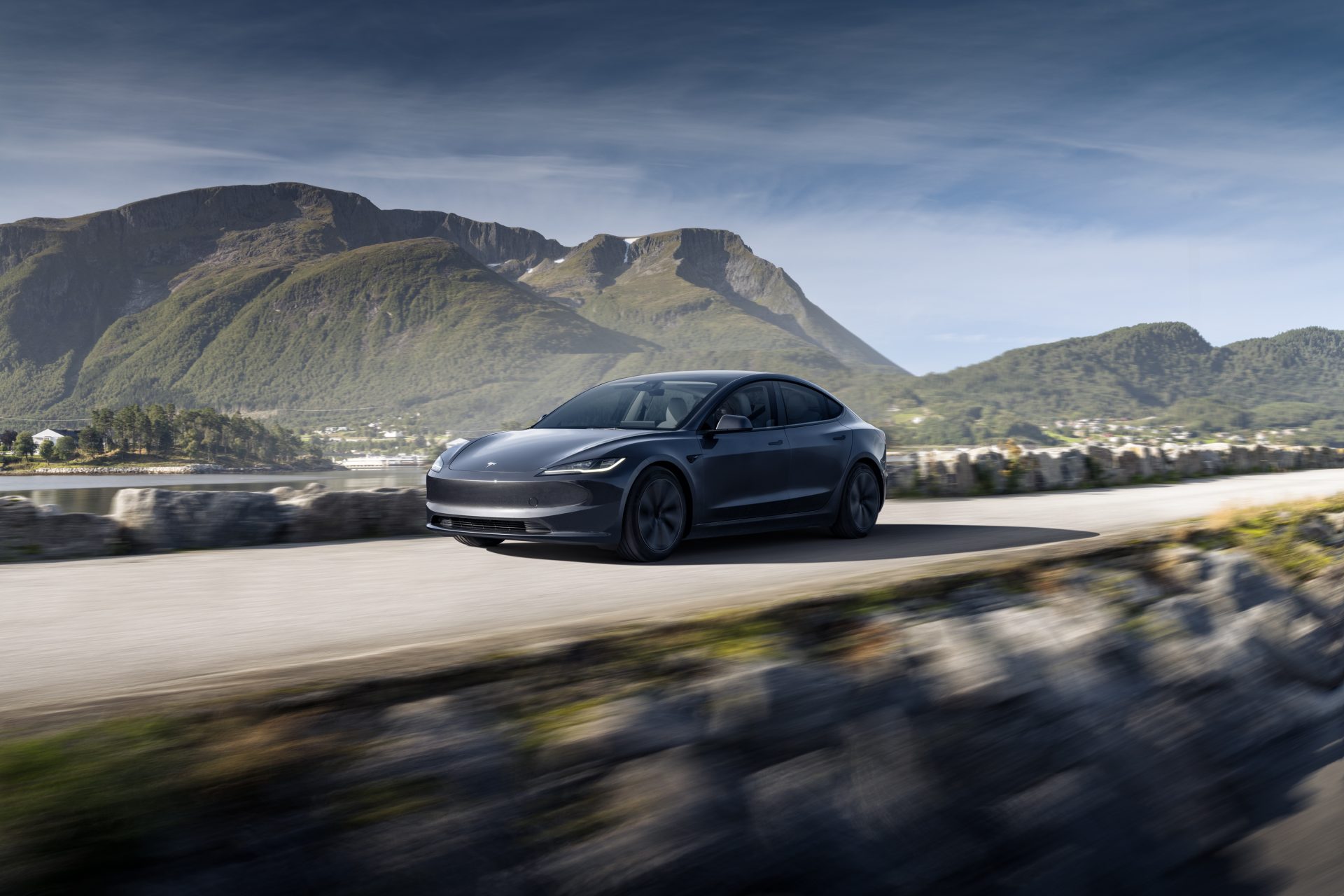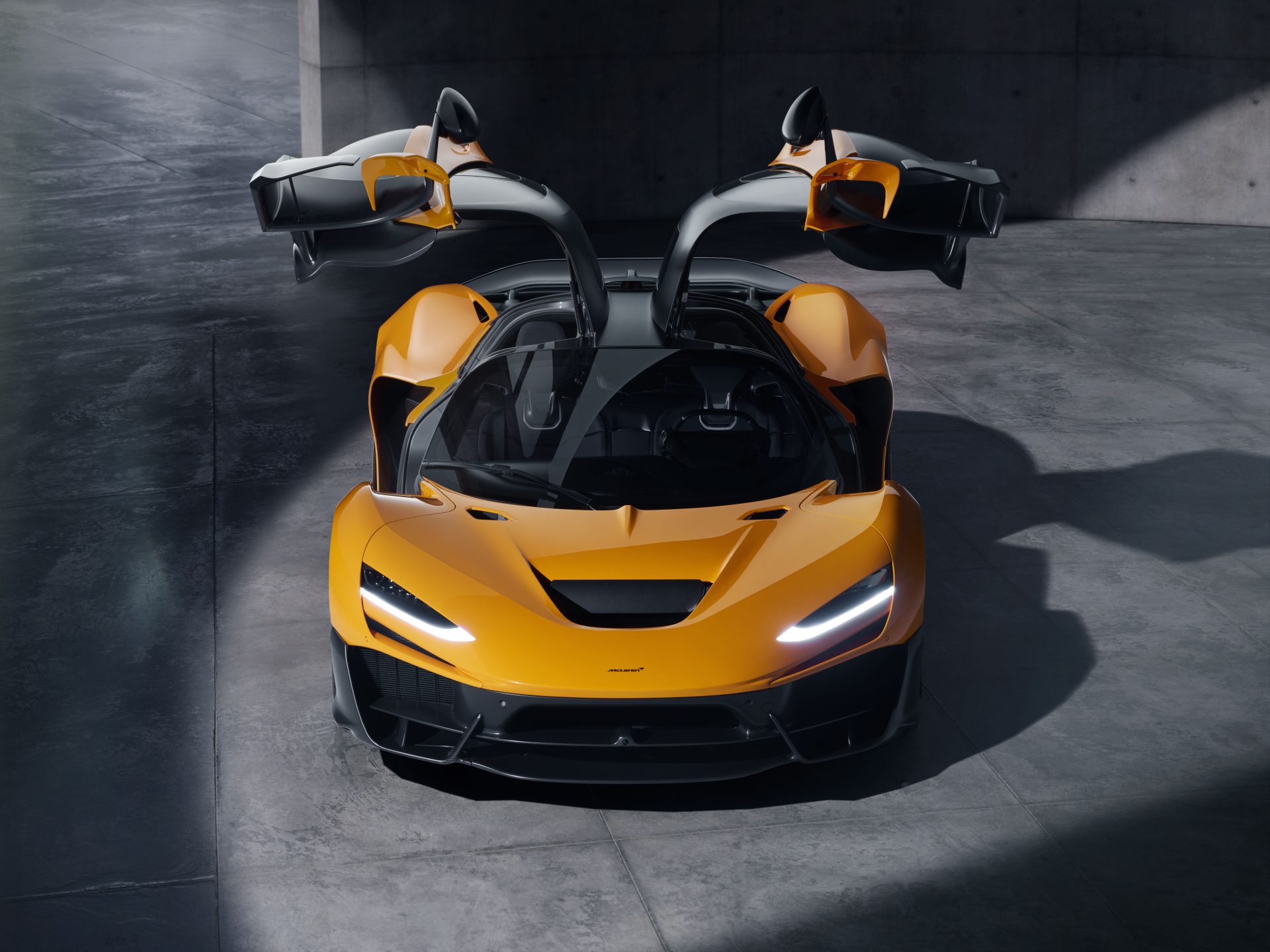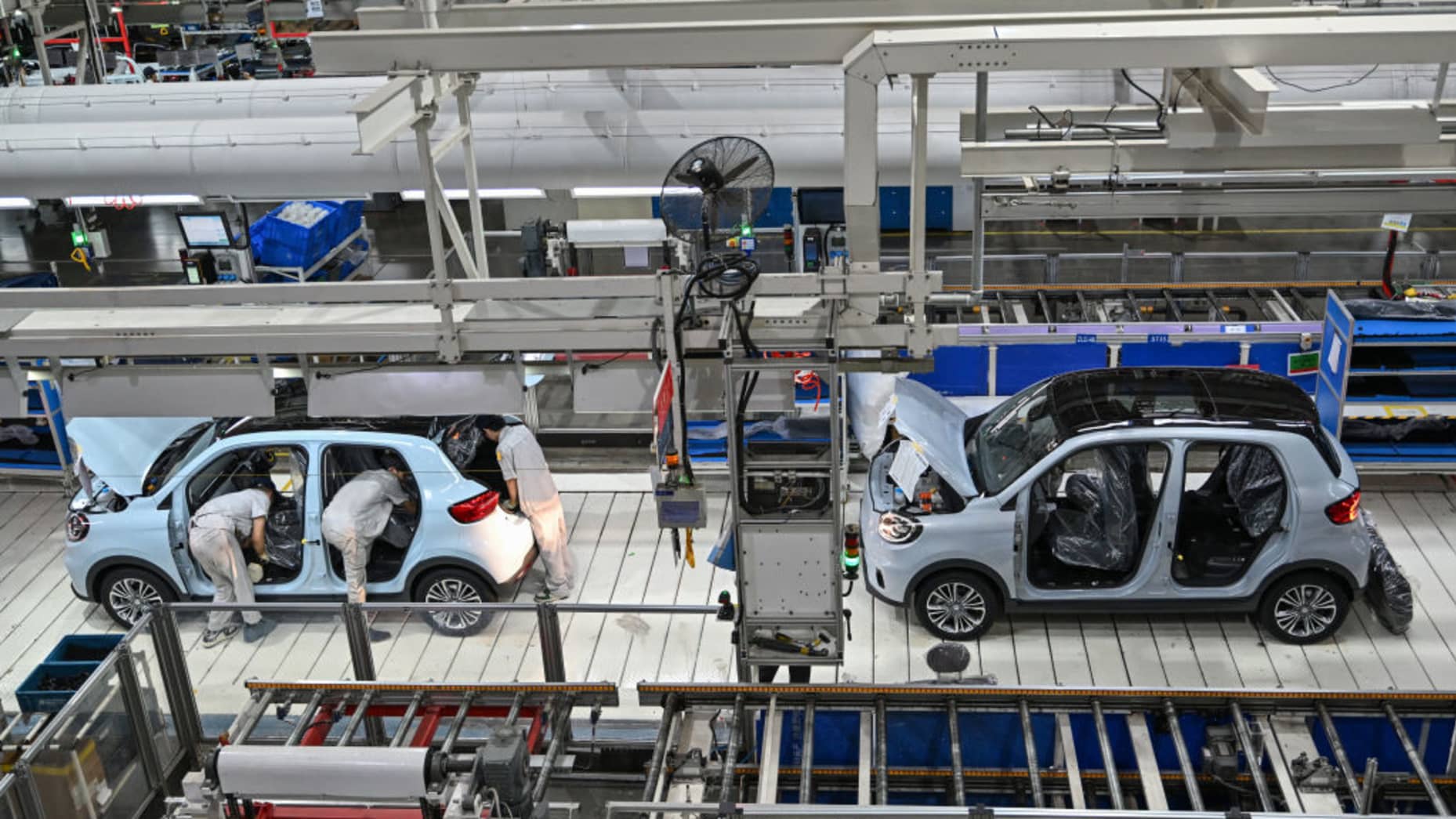
Η European Union voted in favour of tariffs on Chinese EVs, with Chinese manufacturers fighting back, promising that the prices of their models will not increase in the Old Continent.
In particular, ACEA notes that the result of the vote by EU Member States this morning allows the European Commission to proceed with its proposal to impose definitive countervailing duties on imports of electric cars made in China.
At the same time, the association has consistently affirmed that free and fair trade is essential for the creation of a globally competitive European automotive industry, while healthy competition leads to innovation and consumer choice.
Ensuring a level playing field
Free and fair trade is essential to ensure a level playing field for all competitors, but it is only one aspect of global competitiveness. For the European automotive sector to be competitive in the global race for electric vehicles, an integrated industrial strategy is vital, as stressed in the Draghi report. This includes ensuring access to critical materials and affordable energy, creating a coherent regulatory framework, expanding hydrogen charging and refuelling infrastructure, providing market incentives and addressing several other key factors.
ACEA expects the regulation imposing the anti-subsidy measures to be published by the end of October. We also acknowledge the ongoing parallel efforts by Brussels and Beijing to negotiate a possible alternative to countervailing duties.
The reaction of the Chinese
The European Commission's green light to impose tariffs on Chinese-made electric cars will not lead to a widespread and immediate price increase, at least for now and according to the first manufacturers who have made specific promises.
MG and BYD
Among those who have confirmed their intention not to adjust their offer prices to offset the consequences of the adoption of the new duties is MG, one of the manufacturers most penalised by Brussels: in addition to the normal duty of 10%, the Saic group company will have to pay an additional 35.3%. Obviously, for the company, the tariffs are excessive and will hinder the European sector's transition to electrification, but they will not have a direct impact on the prices of electric models in France or Italy: although decisions on tariffs are taken on a monthly basis, MG already rules out any kind of adjustment. Moreover, MG has become the most successful Chinese manufacturer on the Old Continent thanks mainly to the contribution of its thermal or hybrid models, which are not affected in the slightest by the new pricing regime. Another manufacturer expected to keep its prices unchanged until the end of the year is BYD, which apart from a plug-in (the Seal U DM-i) offers only electrics. In short, there seems to be a certain optimism among Chinese manufacturers: among other things, it is not even ruled out that in the end the dispute between Brussels and Beijing will be resolved by an agreement, given the heat of negotiations on a minimum price mechanism.
The Europeans... who are "punished"
The tariffs will, of course, also penalise battery-powered vehicles produced in China by European brands. The Cupra Tavascan, for example, is assembled at a Volkswagen factory in Hefei, capital of Anhui province. The Catalans have described the new tariffs as "punitive", to the point of even jeopardising the future of the electric SUV, but they aim to find solutions to overcome any problems. "As part of our commitment to our customers and partners, we will do everything we can to prevent these additional tariffs from affecting the price of the Tavascan," the company said. "As the first demonstration of this commitment, the price list will remain unchanged for all deliveries scheduled for 2024." Meanwhile, one European manufacturer has already given clear indications of possible solutions to the negative impact of the tariffs: it's Volvo, which plans to move production of the EX30 to its plant in Ghent, Belgium. Assembly activities will start in the first half of 2025. Similarly, some Chinese manufacturers have accelerated their search for suitable sites for industrial facilities in Europe: the latest is Xpeng, but the list is growing every day.


